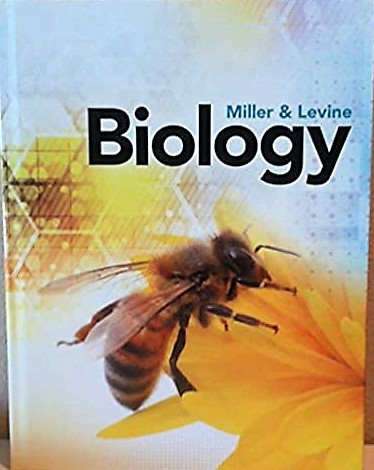
All Solutions
Page 527: Review
1. They have improved traits that allow them to produce higher yields or to become resistant to pests and diseases.
2. They are safer to eat because they contain no chemical residues.
3. They require less amount of land and energy.
4. They reduce the damage to the environment.
5. They are sold at lower costs.
1. The trait of GM plants that allow them to resist crop pests and insects would endanger the population of beneficial insects that ensure the balance within the ecosystem.
2. GM seeds have costly patents. This results in an increase in the cost of the seeds, which is an event that puts out small farms out of business.
3. GMOs increase the use of herbicides.
4. Mixing the genes of organisms may produce new toxins, allergens or other unpredictable, harmful side effects.
1. They have improved traits that allow them to produce higher yields or to become resistant to pests and diseases.
2. They are safer to eat because they contain no chemical residues from pesticides.
3. They require less amount of land and energy.
4. They reduce the damage to the environment.
5. They are sold at lower costs.
Here are the arguments against genetically modified (GM) plants and animals:
1. The trait of GM plants that allow them to resist crop pests and insects would endanger the population of beneficial insects that ensure the balance within the ecosystem.
2. GM seeds have a costly patent. This results in an increase in the cost of the seeds, which is an event that puts out small farms out of business.
3. GMOs increase the use of herbicides.
4. Mixing the genes of organisms may produce new toxins, allergens or other unpredictable, harmful side effects.
However, I disagree with the use of genetic engineering on the human genome for the sole purpose of gaining an advantage over other people. Examples include manipulating the eye color, hair texture, sex, height, and appearance. This action robs us of the gift of humanity, and it would only elicit the feeling of being not contented with what they have.
Haven't found what you were looking for?
Search for samples, answers to your questions and flashcards

